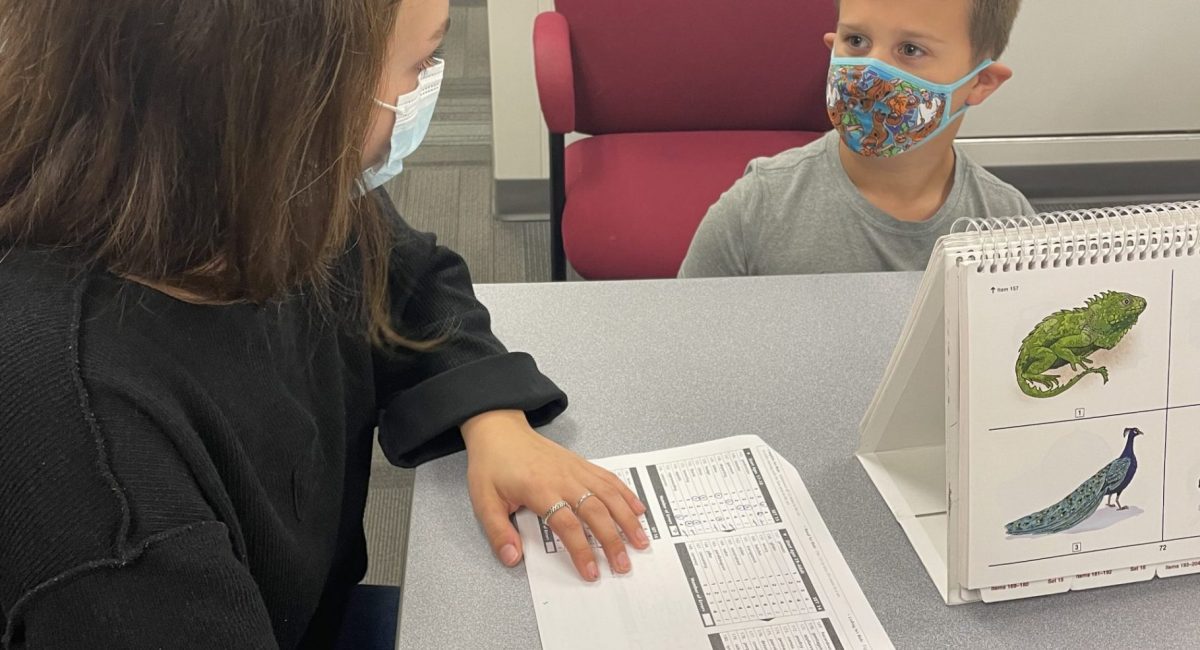
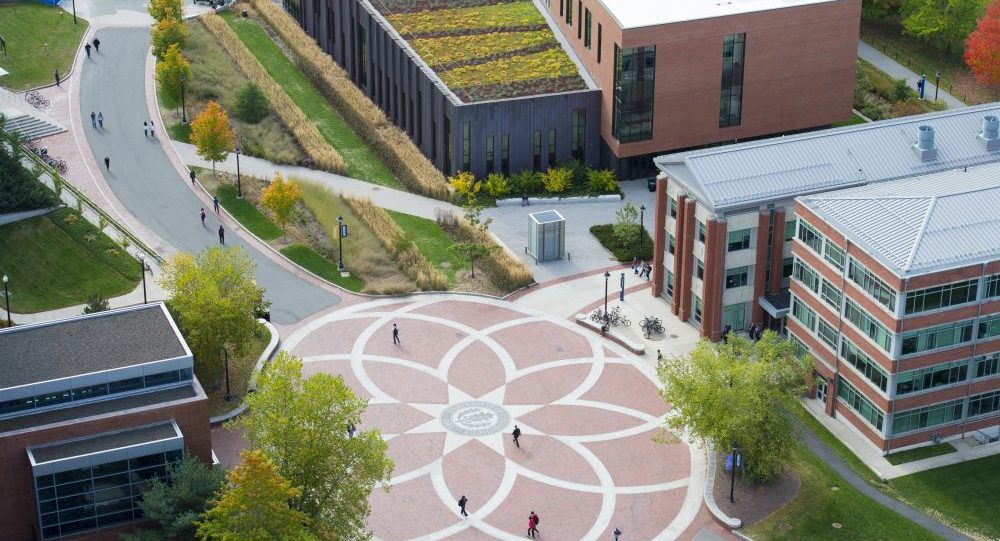
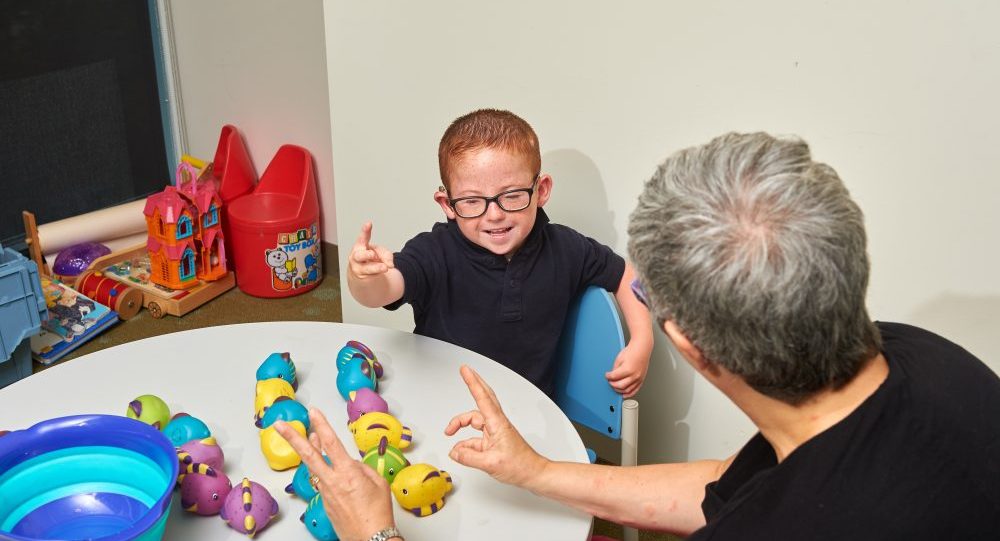
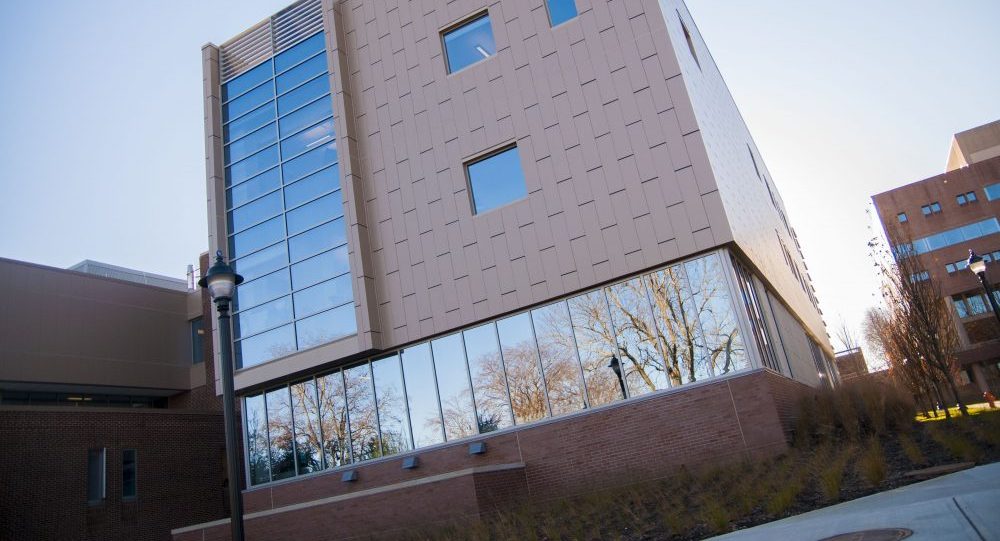
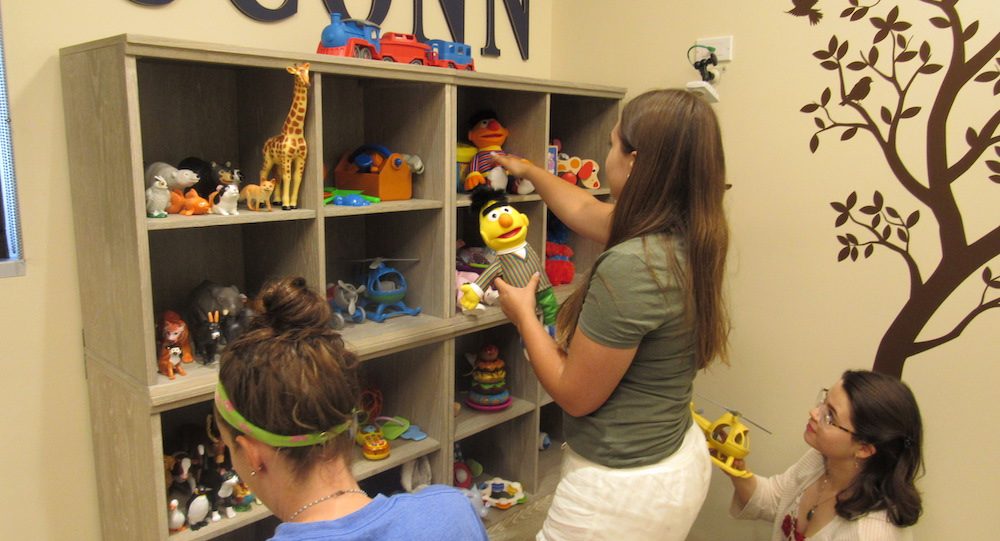
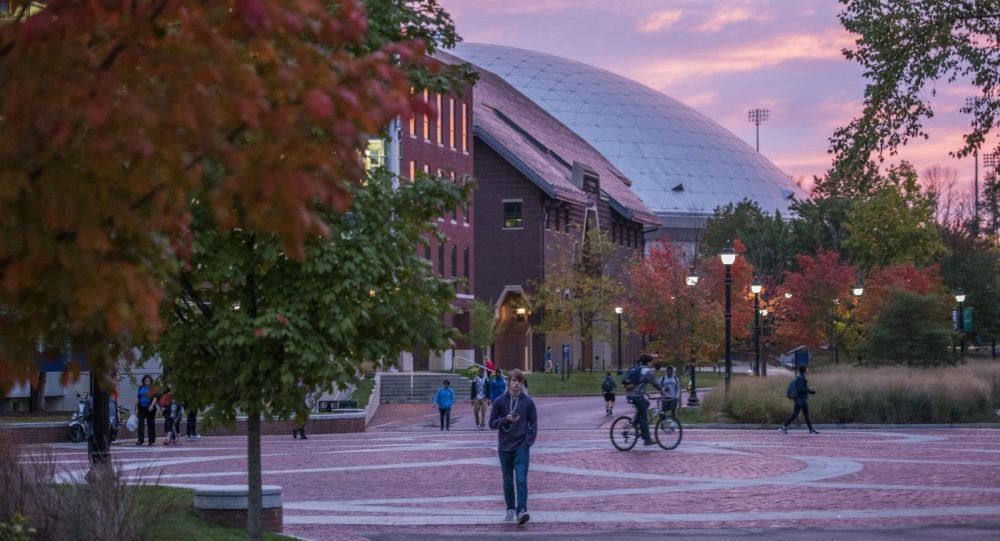
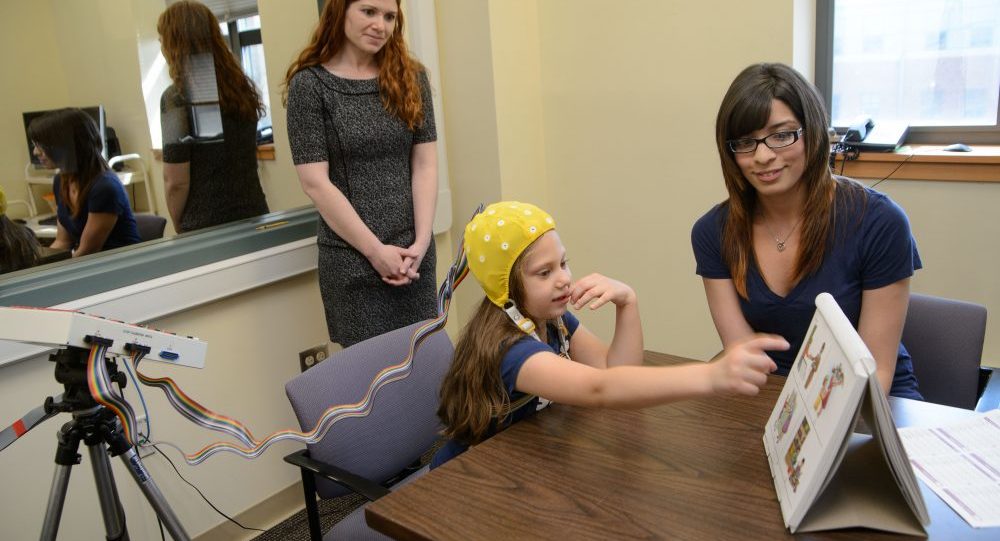
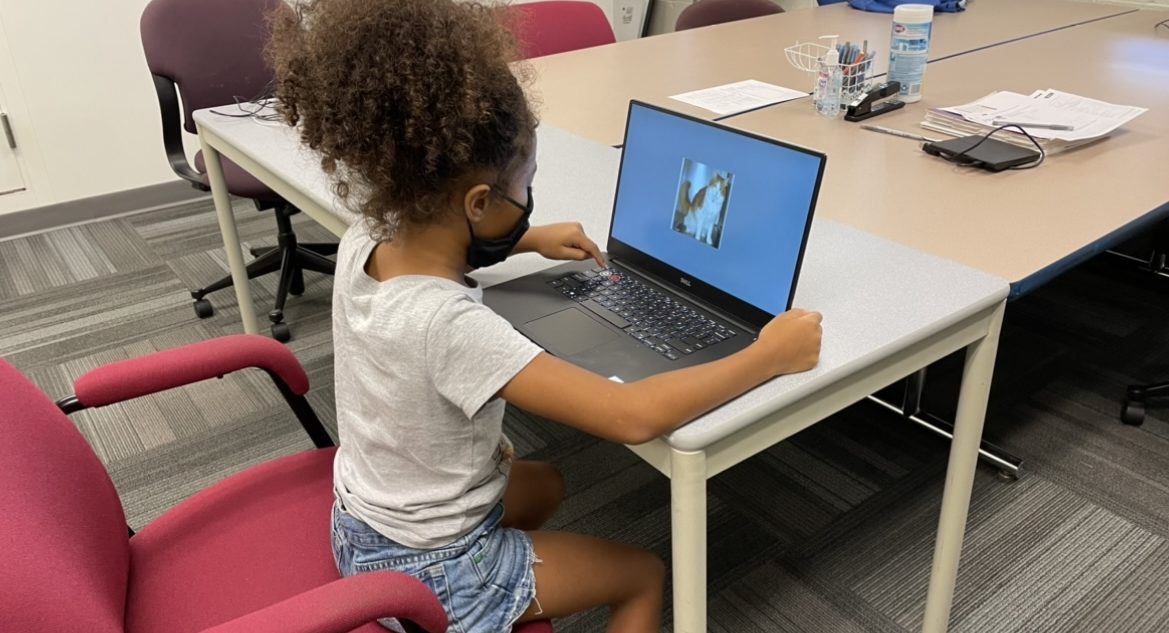
Child Development Blog
Adolescence and Ambivalence Growing Up
Ambivalence is defined as the motivational inconsistency between simultaneously desiring and not desiring to make a given choice. In other words, ambivalence could be interpreted as a state of immediate confusion in which two contrasting or opposite ideas are being considered or evaluated. From a psychology standpoint, ambivalence can be a very complicated mindset to handle because it demands mixed evaluations, desires, or perspectives influenced by many confounding variables. With the idea of ambivalence in mind, it would be interesting to analyze it not just in a person, but in a particular stage or phase of life; more specifically, during adolescence.
Adolescence is full of many important decisions that will probably influence or shape the rest of the person’s life. Among some examples, the decision of choosing a group of friends, a particular clothing style, or even college may lead to great ambivalence in adolescents. Taking probably the most significant example, the decision of going to college stands out as one of the most important. This decision brings with its other implications like choosing what university or college to attend to or the debate of staying home and going abroad. These situations may bring emotional loads of stress and occasional differences in moods, which affect both the adolescent and the people around him. This then leads me to discuss the interactions that adolescents and parents have.
Adolescent and parent interactions tend to be more stressful and emotional in comparison to children and parent interactions. The adolescent tends to lean towards ideas of detachment and independence, as well as differences of expression. From the point of view of the adolescent growth may be seen as a process of not just managing differences or outweighing ideas but learning from mistakes and identifying what works best. Although ambivalence may seem to be a negative response, it is to be accepted and utilized as a part of the development process which will help shape the future ahead. From my personal perspective, it’s important for parents to acknowledge that they were once in that same situation and attempting to understand the adolescent and helping him/her would be ideal.
Read the article here
Read more of our recent blog posts
UConn KIDS Researchers are always up to something interesting!
Enjoy these videos, highlighting the work of three professors supporting UConn KIDS
UConn KIDS Feedback
Have you participated in a study with UConn KIDS? If so, we would welcome your feedback.
Please contact Renu Cabot- Child Research Recruitment Coordinator at kids@uconn.edu.
Contact UConn KIDS
| Phone: | 860-486-3820 |
|---|---|
| E-mail: | kids@uconn.edu |
| Address: | 406 Babbidge Rd, Unit 1020 Storrs, CT 06269 Para Espanol: 860-486-6365 |
UConn KIDS is sponsored by UConn's Vice President of Research, and The College of Liberal Arts & Sciences. Our work is governed by our Institutional Review Board (IRB), which ensures compliance and safety for human subjects. Click here to review the UConn IRB website.